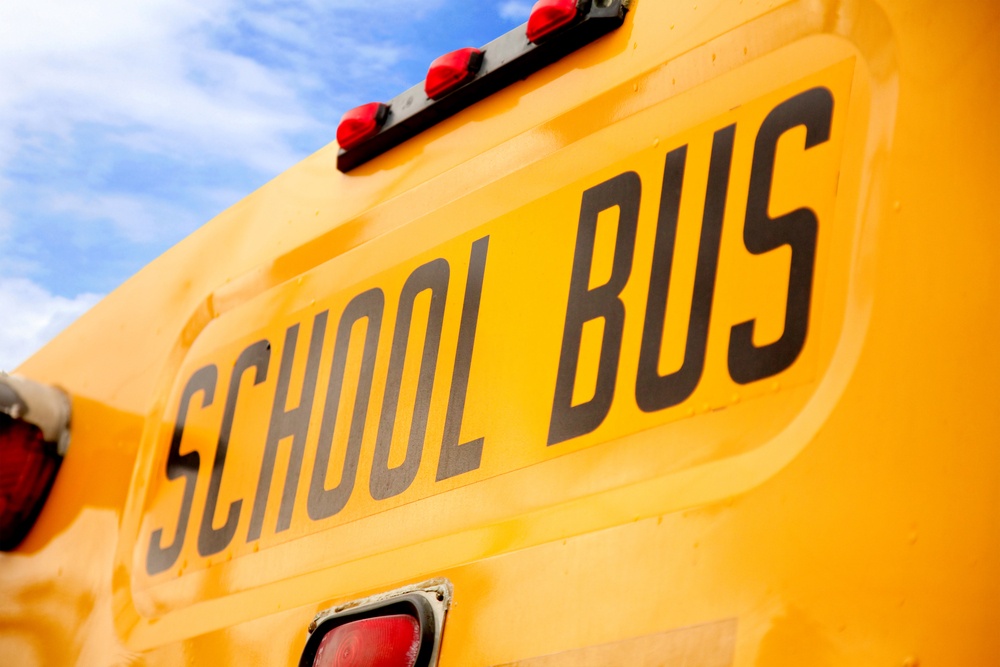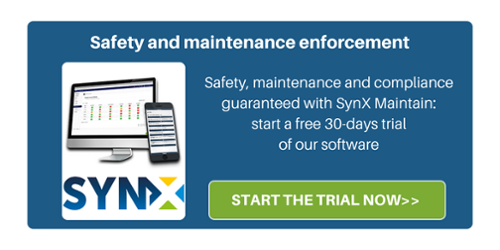
When it comes to road safety and operating safe vehicles on the road, everyone needs to feel involved; and the bus sector, including school buses, has been the target, in recent years, of an enforcement campaign conducted on a European level.
According to the RSA of Ireland, school buses are considered to be particularly high-risk vehicles; they experience peak usage during the time of year when buses are hired for purposes other than conveying children to school.
The ROSPA (The Royal Society for the Prevention of Accidents) adds that some of the buses, especially those dedicated to voluntary activity, might not be fully fit for purpose. All coaches and minibuses registered on or after 1 October 2001 must have forward-facing or rearward-facing seat belts fitted (different for buses with an urban use). Older coaches and minibuses that are transporting three or more children must have a forward-facing seat belt, either three-point or a lap belt, fitted for each child. According to UK legislation, passengers aged 14 and over are personally responsible for belting up, but the driver is legally responsible for ensuring that younger children are using seat belts or appropriate child restraints.
These common issues, together with the increasing traffic at the times highlighted previously, can contribute to greater risks which have to be properly addressed. The reinforcement campaign targeting the bus sector and, particularly, school buses, is going to see an increase in roadside inspections and check-ups to be carried out at operators’ premises.
As regards to the reinforcement actions conducted in 2016 and currently in force, according to the RSA of Ireland, around 50% of the buses inspected at the roadside had defects—of these, one in five presented major faults. 1028 school bus operators’ premises were visited over the same period and less than half of them were found to be compliant. Inspections conducted on school buses since the start of the 2017/18 school year proved that more than half of them were defective.
The DVSA is also targeting school buses and increasing inspections with the aim of improving road safety and roadworthiness, especially after various cases of school buses were found to be faulty following cost-cutting attempts by operators or companies having their licence revoked due to "negligent" maintenance.
There are a number of measures you can actually put in place as a bus haulier to guarantee the roadworthiness of your vehicles, perform risk assessments to help protect your young passengers and to avoid roadside penalties or even more serious consequences. As the issues found in the school buses are indicative of operators posing risks to road safety (rather than merely a deterioration of the fleet’s operational ability), it is important to emphasize the importance of roadworthiness and safe vehicles. Non-compliance with legislation is unacceptable and safety systems should be strengthened. Technology and data provide a useful aid to keeping vehicles roadworthy: check out our maintenance and vehicle inspection software to prove just how useful!



